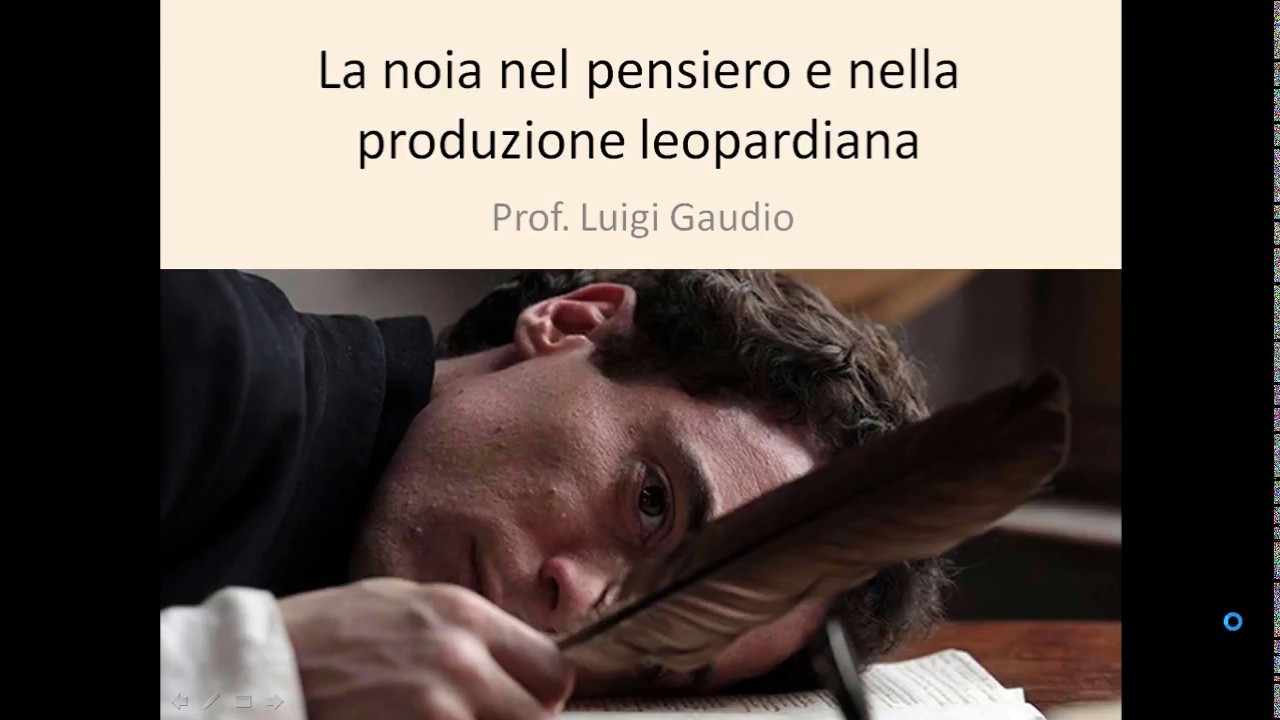
Fabio Rossi
27 Gennaio 2019
Alberto Bairati
27 Gennaio 2019Born at York in 1907 he became a precocious, voracious reader prompted by a brilliant intelligence. He also showed a great interest in music wich later resulted in his collaboration with the composer 13enjamin Britten. By 1922, when he was fifteen, Auden gave up his Christian faith and, when he went up to Oxford university he joined the so-called Oxford poets group. These poets were committed in social and political problems and influenced by historical events. The fact of being interested in social problems can be seen in his sharing the interest in Marxism and Freudianism of other intellectuals of his time. Freud’s psychological theories led him to diagnose the ills of his country as being due to sexual repression and neurosis. Marx’s influence can be seen in Auden’s theory of man’s alienation under capitalism. In 1928 he went to Berlin, then under the liberal Weimar Republic, where he discovered the Expressionist political drama of Brecht, which strongly influenced his plays. After 1933 he is really interested in the persecution of the Jews by Hitler: he himself married Thomas Mann’s daughter Erika only to ensure her escape from Nazy Germany. Since 1930 he was in England but after 1939 he decided to live Britain to go living in the USA because of his disappointment about the disastrous politic and social problems. After this date his American period began: he abandoned socio- political themes to deal with religious and philosophical problems. The most important theme in his production is the quest for a new society, in the first period, and for a new life in the second one.
Auden is also considered a symbolist and the most important symbols we find in his poems are that of journey and war.
In his production Auden often used simple popular forms such as ballads and song. He dealt with a wide range of subjects, commonly seen in terms of tension, dualism, or complexity, such as love, politics, peace, neurosis and alienation death, technology.
The impact of Auden’s poetry in the 1930s is a consequence of its verbal energy, embodied in phrases and images of vivid contemporary resonance.
REFUGEE BLUES (1939)
Say this city has ten mill’ion souls,
Some are living in mansions, some are living in holes:
Yet there’s no place for us my dear, yet there’s no place for us.
Once we had a country and we thought it fair,
Look in the atlas and you’Il find it there:
We cannot go there now, my dear, we cannot go there now.
In the village churchyard there grows an old yew,
Every spring it blossoms anew:
Old passports cant do that, my dear, old passports can’t do that.
The consul banged the table and said,
“lf you’ve got no passport you’re officially dead”:
But we are still alive, my dear, but we are still alive.
Went to a committee; they offered me a chair;
Asked me politely to return next year:
But where shall we go to-day, my dear, but where shall we go to-day?
Came to a public meeting; the speaker got up and said;
“lf we let them in, they will steal our daily bread”:
He was talking of you and me, my dear, he was talking of you and me.
Thought I heard the thunder rumbling in the sky;
It was Hitler over Europe, saying, “They must die”:
0 we were in his mind, my dear, 0 we were in his mind.
Saw a poodle in a jacket fastened with a pin,
Saw a door opened and a cat let in:
But they werent German Jews, my dear, but they weren’t German Jews.
Went down the harbour and stood upon the quay,
Saw the fish swimming as if they were free
Only ten feet away, my dear, only ten feet away.
Walked through a wood, saw the birds in the trees;
They had no politicians and sang at their case:
They weren’t the human race, my dear, they weren’t the human race.
Dreamed I saw a building with a thousand floors,
A thousand windows and a thousand doors:
Not one of them was ours, my dear, not one of them was ours.
Stood on a great plain in the falling snow;
Ten thousand soldiers marched to and fro:
Looking for you and me, my dear, looking for you and me.
This poem is based on a modified blues form to deals with the flight of Jewish refugees from Nazi Germany. The blues, although composed under the pressure of improvisation, has a rigid pattern wich demands simple diction, repetition and an elementary rhyme scheme. This repetition of the same sound reflects the sadness and tribulation of the Afro-Americans wich similar to that of the Jews. The most charming peculiarity of the blues is its individual character wich makes it unique, and, at the same time, the universality of its content that can be understood by everybody and is collective.
All these themes are present in Refugee blues: it is the reflection of a Jew addressed to another one about the situation of all Jews in Europe. They are homeless, they are not accepted by anyone, they are persecuted, they are less considered than animals. Features of the blues can viewed in:
the simple language the slow rhythm
the division of the poem in three line of verse
the repetitions.
In the last line of each stanza there is the repetition of the same concept, the same idea.
